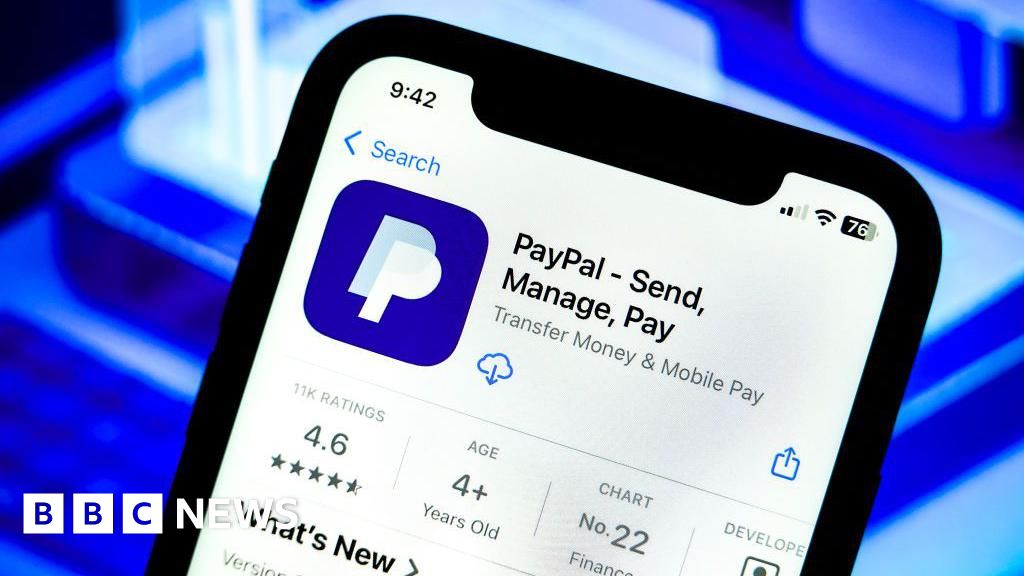European banks have seen widespread unauthorized direct debits from PayPal accounts, the German Savings Banks Association (DSGV) reports.
The German newspaper Sueddeutsche Zeitung (SZ) states that payments amounting to around €10 billion (£8.6 billion) have been blocked following a lapse in PayPal's fraud-checking system.
Payments were halted on Monday after banks reported millions of suspicious direct debits linked to the payment service, prompting immediate investigations.
The DSGV confirmed to the BBC that there had been incidents involving unauthorized direct debits initiated by PayPal against various credit institutions.
PayPal's spokesperson informed Reuters, stating, certain transactions from our banking partners and potentially their customers faced interruptions due to a temporary service disruption.
“We quickly identified the cause and are working closely with our banking partners to ensure that all accounts have been updated,” the spokesperson added.
The DSGV indicated that PayPal had acknowledged the disruptions and assured that the problem had been resolved. They also noted that payment transactions between PayPal and banks have returned to normal.
However, this situation highlights the significant impact such incidents have on financial transactions throughout Europe, especially in Germany. Regulatory authorities have also been informed regarding the incidents at PayPal.
PayPal strives to prevent scams with its security system, particularly targeting fake direct debits initiated by criminals. The SZ report suggests that PayPal's filter system malfunctioned on Monday, allowing unchecked direct debits to go through along with legitimate transactions.
Following the reports, PayPal shares dropped by 1.9% on Wednesday.






